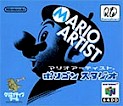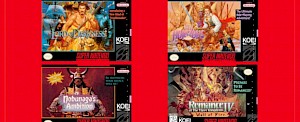All N64 Games #369: Mario Artist Polygon Studio
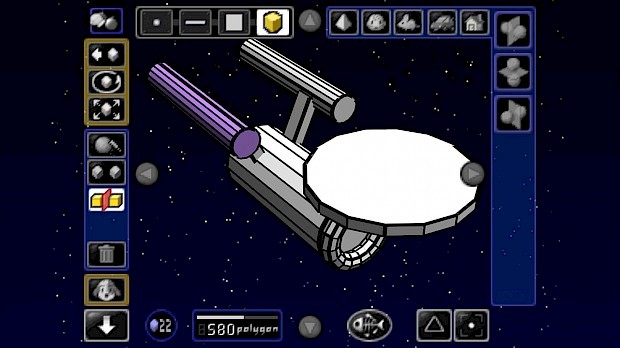
Posted 05 Jan 2025 at 08:28 by Dean Jones
The last in the Mario Artist series, and the final 64DD game. That said, it goes off on a high note, as this model-making software has some interesting bonus modes. The software itself is a bit finicky, and I found it difficult to fine-tune things how I wanted.
For building your own models, you select from a large array of shapes (from basic, to vehicles, animals, and a Mario model), placing them and resizing them how you want. One problem I found was that, once you deselected a shape, I couldn’t figure out how to select just that again, as it just selected the entire model. There are also a ton of advanced features for moving individual points to create more unique shapes, as well as textures and animations.
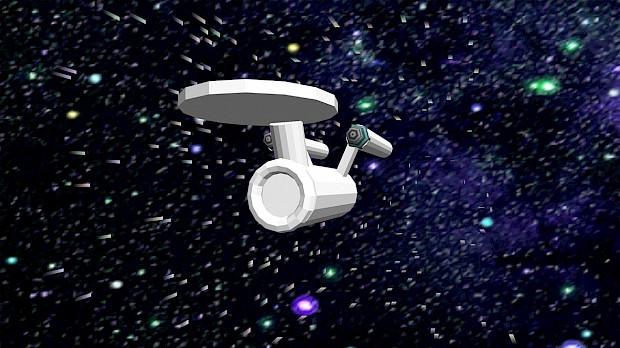
You can also build up a simple scene to show off a few models, with a host of different stages to pick from, including some “animated” stages, like a fish tank where your model swims around. You can also adjust the backgrounds, lighting, and apply some effects. It’s all rather neat.
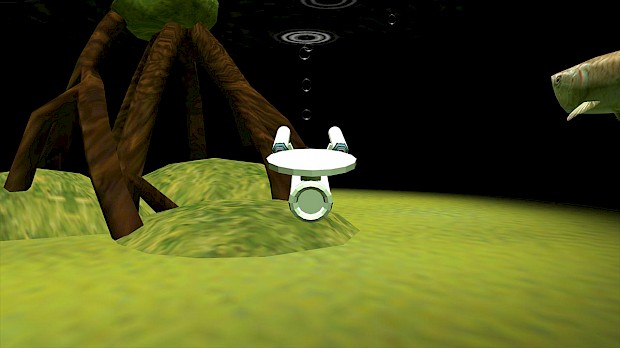
Polygon Studio also has a few additional games built into it, one of these is quite significant so I’ll go into these individually.
Experimental World
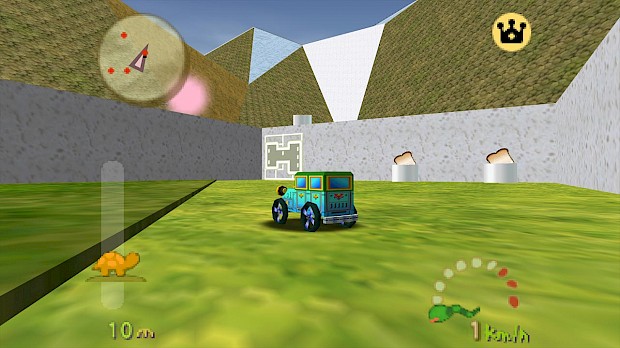
I very nearly missed this section of the game. You need to go to the scene setup, but via the expert menu, not simple. There is a conical flask called Experimental World. This isn’t just a simple minigame, it’s a fully fledged game about building vehicles and exploring a world.
One thing that confused me at first was building the vehicles, as none would work. The building tools have a few different kinds of bricks, while there are wheels and the like in the standard blocks, these won’t work in Experimental World – you need the special power blocks. You only have a small number of these to begin with.
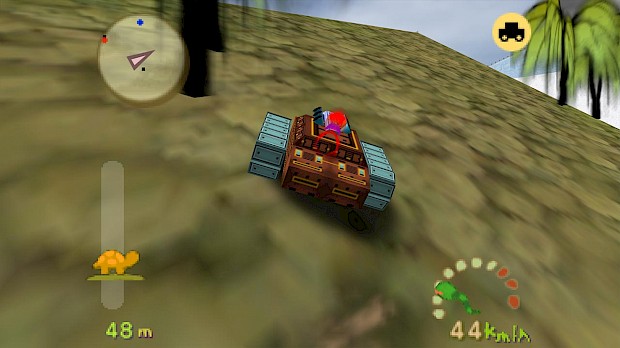
Once you’ve got this sorted and your first simple vehicle is made, you can start exploring. Sentient toast will pop up out of toasters to explain how the game works, with the first rule relating to how anything other than power bricks touching the floor will slow you down. From here, you’re free to explore at your leisure – well, as much as your vehicle will let you. You can’t get far with the basic power bricks, due to steep slopes and other obstacles blocking your progress.
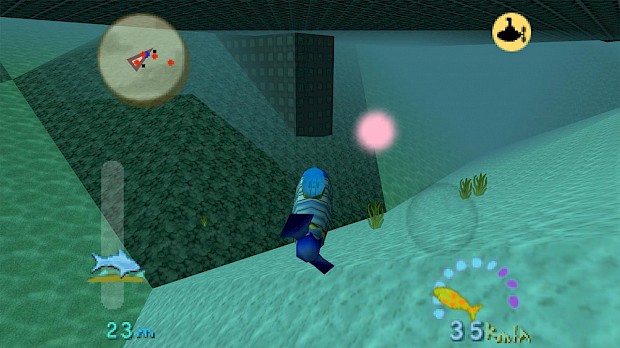
As you explore, you’ll find more power bricks, starting with improvements to land vehicles, before expanding into parts for sea and air vehicles. You can add multiple kinds of parts to your vehicles and then toggle between four different modes (land, sea, and air power bricks, or all at once) so you can create transforming vehicles to navigate in different ways. The power increase is gradual. For example, the first flight equipment will only let you get a small height, so you can’t reach the main mountain. Once you’ve found most parts, you’ll just about be able to reach a floating sky garden, with even more parts to find there.
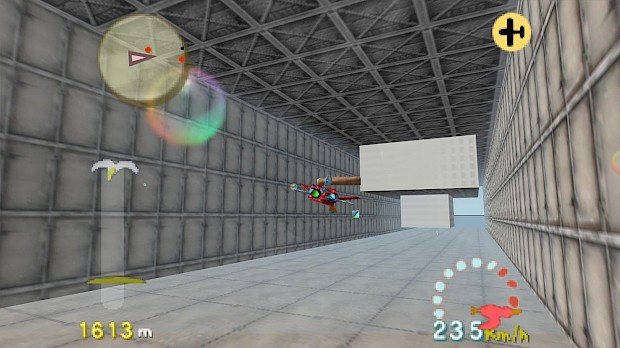
It’s a wonderful game, and you’ll want to test out parts when you get them. It’s like an open world Banjo-Kazooie Nuts and Bolts, with greater emphasis on exploration and navigating the world, with the parts allowing you to reach new regions. However, the game is free-form, so a clever build or daring jump can help you get a powerful part early.
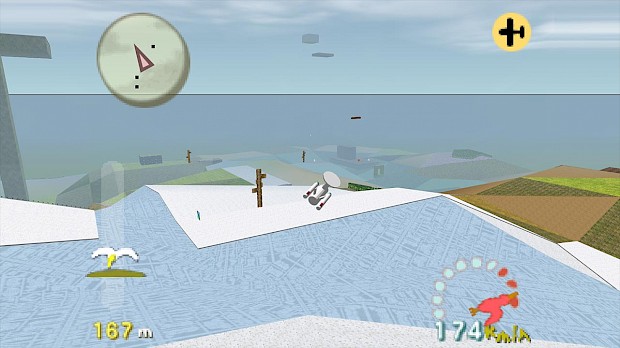
At the end of the game, flying around is extremely easy and quick, which feels immensely rewarding, zooming around the entire map which was incredibly daunting at the start of the game. This is a brilliant game in itself, and it’s a shame that it’s not just lost in the 64DD final game, but also an easy to miss mode, hidden inside a Mario Artist game. Polygon Studio also has a few additional games, although these are the size you would expect from extra games in Mario Artist.
Chicken Race
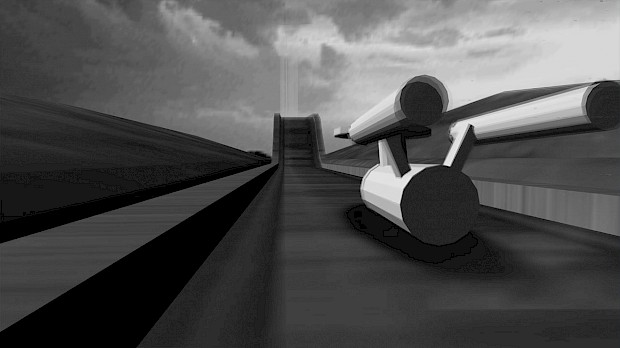
Chicken is a really simple game. Tap forward to “wind up” your model and let it go, hoping it reaches the end of the track without falling off. To make it more exciting, there’s some nice camera cuts and some simple filters. For how simple it is, it’s a surprisingly nice mode, although with only three stages.
Sound Blaster
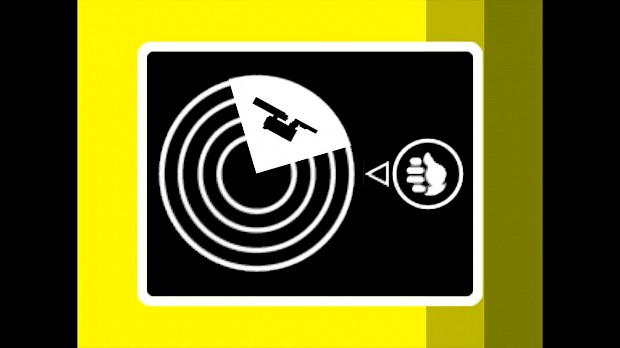
Sound Blaster plays out on a boom box. It loads one of eight very short games, and you have to figure out what you’re supposed to do and complete the task in a matter of seconds. Your task is to complete as many as possible before your lives run out. If this sounds familiar, that’s because this minigame of microgames was expanded and turned into a full game: WarioWare. All of the microgames here were used in WarioWare Inc., with a few alterations (they don’t use your creation, for example), so it’s interesting that this small part of Polygon studio is the prototype of a beloved series of games.
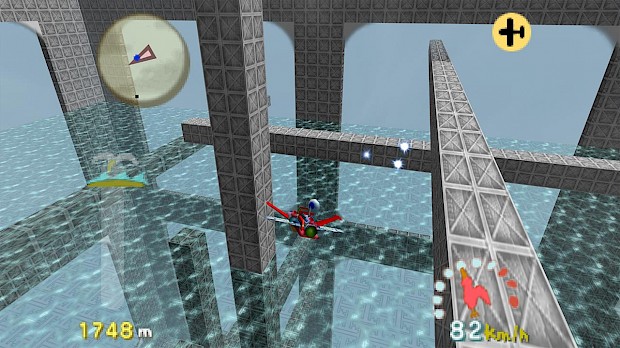
Polygon Studio is a fascinating bit of kit, the core creation tools are very deep, and there’s a full game that uses those mechanics, plus two additional fun minigames. This is one that’s enjoyable for people who have no art skills.

Fave
Remake or remaster?
The Experimental World would be a fun concept for its own game.
Official ways to get the game.
There’s no official way to get Mario Artist: Polygon Studio


